The Center for Mouse Genome Modification (CMGM) is now offering genome editing services using recombinant adeno-associated viruses (rAAV).
AAV (adeno-associated virus), which is a single-stranded DNA (ssDNA) virus, can effectively penetrate the zona pellucida and infect one-cell embryos. Recombinant AAV (rAAV) contains the sequence of interest together with 5’- and 3’-homology arms for CRISPR-mediated gene editing in the mouse genome. To this end, we infect one-cell embryos with rAAV followed by electroporation of with Cas9/sgRNA ribonucleoprotein (RNP) for subsequent genome modification in the mouse. The advantage of this approach is that rAAV infection is faster and less laborious than traditional pronuclear microinjection to transduce ssDNA template into mouse embryos. Furthermore, ssDNA template in the form of rAAV genome is a more efficient template for homology-directed repair as compared to double-stranded DNA. This approach significantly increases the efficiency to generate novel mouse models containing the sequence of interest.
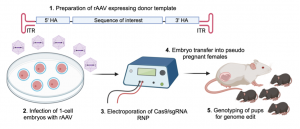
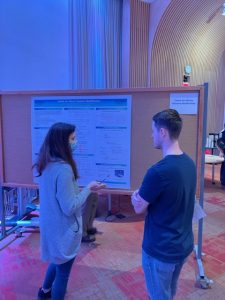
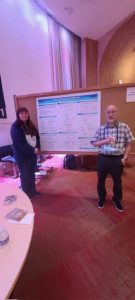

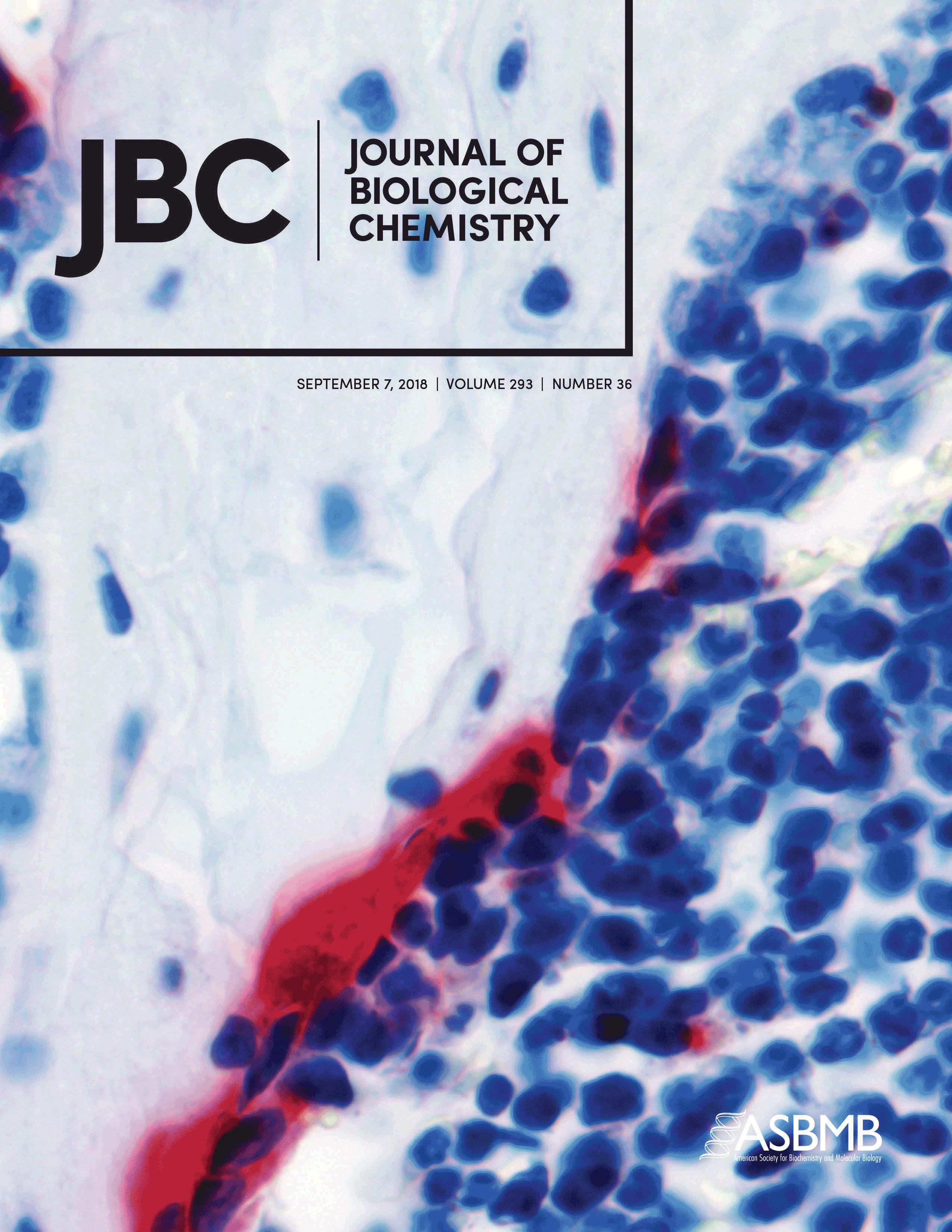 A rare mutation in a gene causes weak bones in mice and people – but not for the reasons you might expect. UConn researchers report in the September 7, 2018 issue of the Journal of Biological Chemistry how this mutation creates more bone-making cells but results in less bone, and find intriguing hints as to how the gene might affect other conditions as diverse as breast cancer and dementia.
A rare mutation in a gene causes weak bones in mice and people – but not for the reasons you might expect. UConn researchers report in the September 7, 2018 issue of the Journal of Biological Chemistry how this mutation creates more bone-making cells but results in less bone, and find intriguing hints as to how the gene might affect other conditions as diverse as breast cancer and dementia. 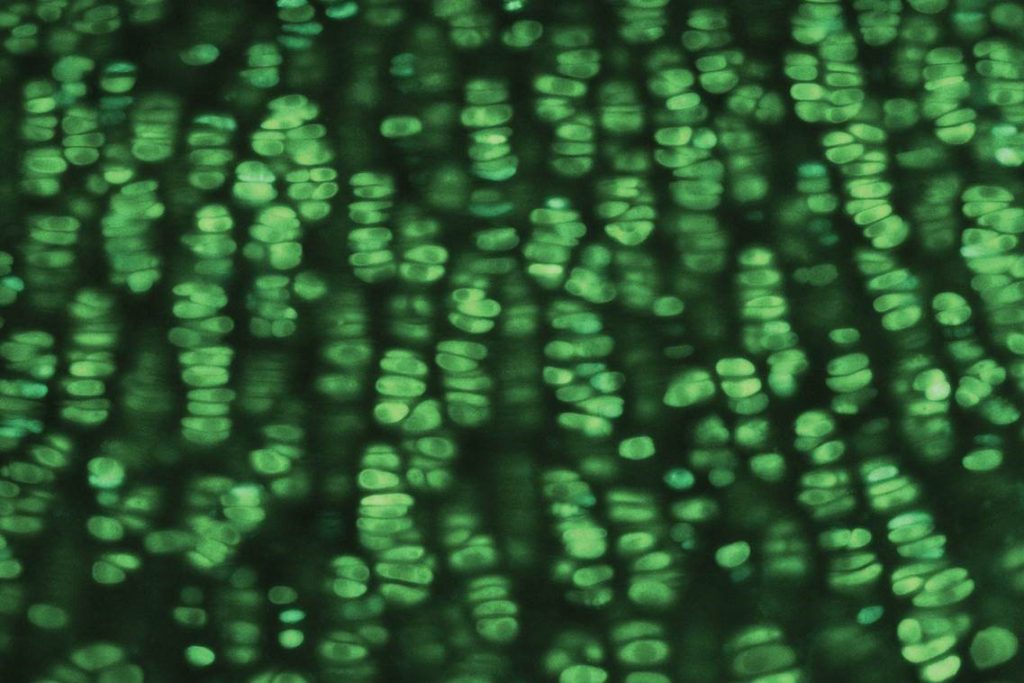
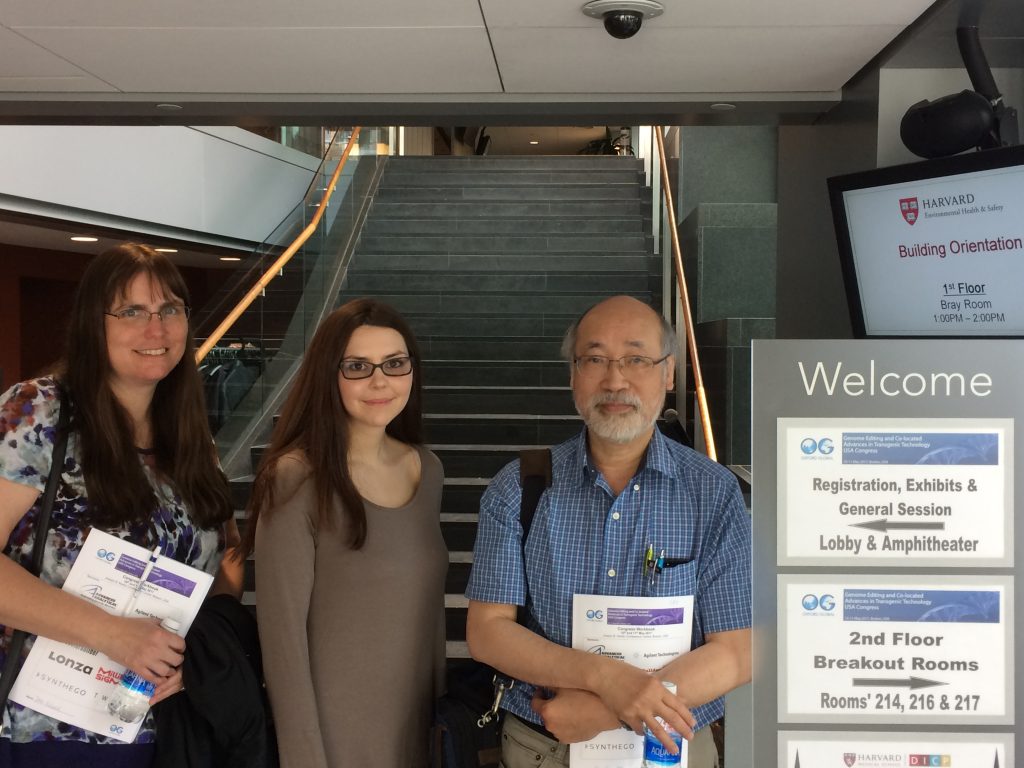 We attended the Genome Editing and Co-located Advances in Transgenic Technology USA Congress in Boston, May 10-11, 2017.
We attended the Genome Editing and Co-located Advances in Transgenic Technology USA Congress in Boston, May 10-11, 2017.